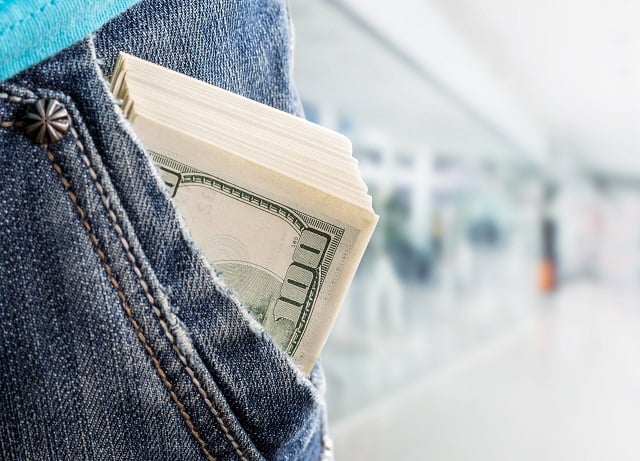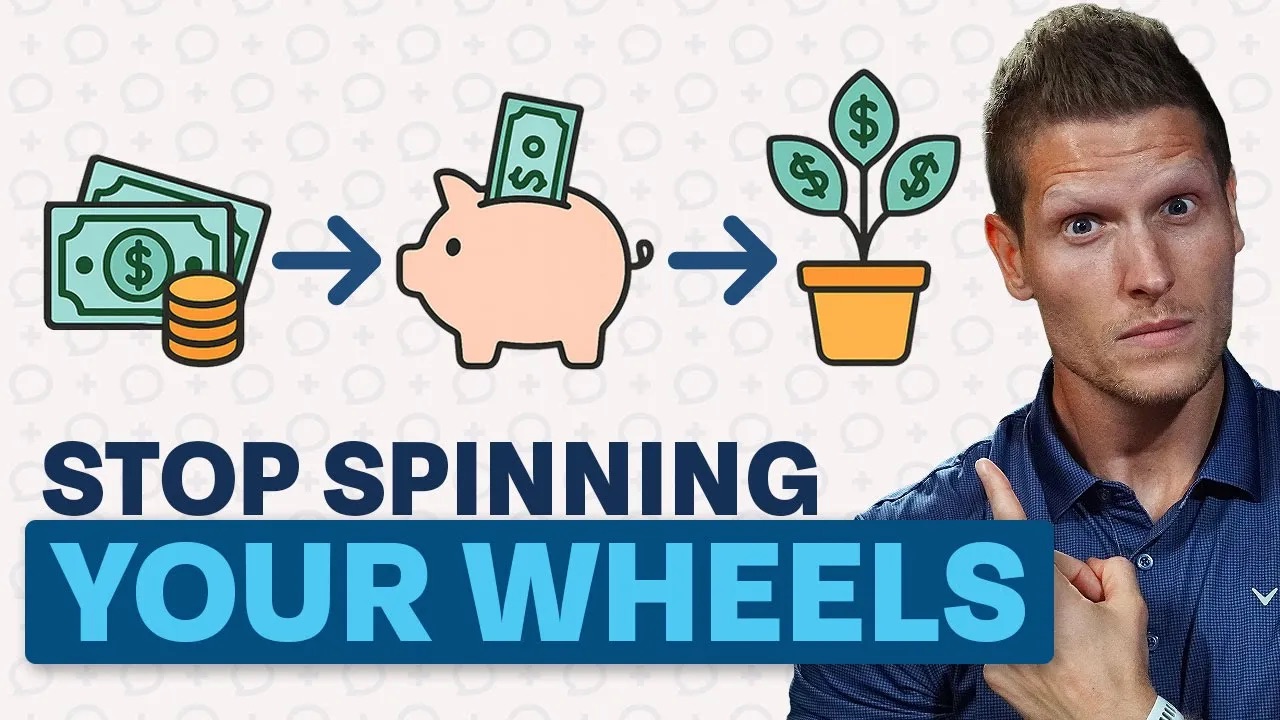
Everyday expenses eat into the budget, but there is a way to pay less if you know what to look for.
What if we told you there was a way to save one thousand dollars right now? Would you want to? Of course! No one wants to pay more than they have to, but knowing how to save on certain costs may not always be obvious.
There is one all-encompassing money skill that can be applied to most, if not all, financial scenarios. And if you do this one thing well, you can save a lot of money in the process of purchasing goods and services.
Here is why negotiating is the one thing you can do to save more and spend less every year.
Negotiation: Why it Works in Personal Finance
When it comes to your personal finances, you are probably already negotiating more than you realize. At the heart of negotiation is compromise and cooperation. So if you and your significant other have ever discussed finances, you probably wound up negotiating where to spend next, what to save for, or where to cut back. If you and your household have a goal to save a certain amount or percentage of money this year, one of the first things you will do is look at where you are spending your money and prioritize future spending.
Related content: Do This with Your Money and Live Like No One Else
Setting financial goals and negotiating priorities with your money are healthy signs that you are intentionally looking to save where and when you can. Personal finance is an ongoing negotiation with yourself, your loved ones, and the companies vying for your business.
Things You Can Negotiate
There was a time when people regularly negotiated the sales price for items and services they were prepared to buy. You might not walk into your local Target and negotiate the price of a lamp (though you probably could!), but there are definitely negotiating opportunities out there for regular expenditures.
- Utilities and Fees
Cable bills are notoriously negotiable, especially some of the random fees you’ll see on your bill. DIRECTV charges a $5/month “regional sports fee,” but if you don’t needs sports channels and change packages, you can watch that fee fall off your bill and save yourself a minimum of $60/year from just one fee.
- Insurance Premiums
Shop around annually or bi-annually for new rates. If you like your existing carrier, you can negotiate your rate down to what another company quoted you or switch providers if your insurance company isn’t willing to offer you the best price for your coverage.
- Appliances (and other big-ticket items)
Refrigerators, air conditioning units, washing machines… most stores will honor a lower price if you find the item somewhere else for less. With a little research beforehand and a willingness to negotiate with a store associate, you can nab a better deal on the item you want.
- Household and Renovation Services
Most services you buy for your house are negotiable when dealing with contractors. From house cleaning services to painters and installers, make sure you understand all of what you are getting for the price you’ve been quoted. There may be an opportunity to negotiate for more service or negotiate the price down. It can be worth the conversation to ensure you get the highest value for your dollar.
- Banking, Credit Card, Money Management Fees
Some fees are present at the start of your relationship, and other fees may creep up after you’re already engaged. Be sure to always look at your statements in case you notice something new or different than what you understood. From an annual credit card fee, checking account minimums and the fees imposed if you go below it, to the fees financial institutions charge – know what they are so you can negotiate them down or away when possible.
What Gives You Even More Negotiating Power
Having leverage is a powerful tool in a negotiation. Withholding your business until you can reach a price you can both agree on is one form of leverage. Another powerful tool is cash. Cash is the sort of leverage that can help you get what you want at the price you want, because it’s immediate. For instance, after the housing bubble burst in 2008 and real estate prices plummeted, all-cash buyers cleaned up and oftentimes had their lower offers accepted over higher, financed offers just because they came with cash.
Cash works in smaller transactions as well. If you’ve done your research and have cash in-hand, you are more likely to negotiate a better price for big-ticket items like furniture, automobiles, and appliances – especially if you are prepared to take your merchandise with you. We know of a couple who negotiated fifty percent off a table they purchased from a large furniture store just by presenting cash to take the one from the showroom floor. This is especially true for car purchases. You haggle far less with a salesman if you have cash, stick to what you are willing to pay, and don’t need to spend time with financing.
Keep in mind: Even though cash offers leverage when it comes to negotiating, it’s good to double check if the amount you can save by paying cash is higher than the potential cashback rewards you can earn by using your credit card without carrying a balance.
Successfully negotiating your personal finances is one of the smartest things you can do to save more every year. It’s a conversation between an informed consumer and provider of a service or good. And the more knowledge you have, the more effective you’ll be at negotiating.













